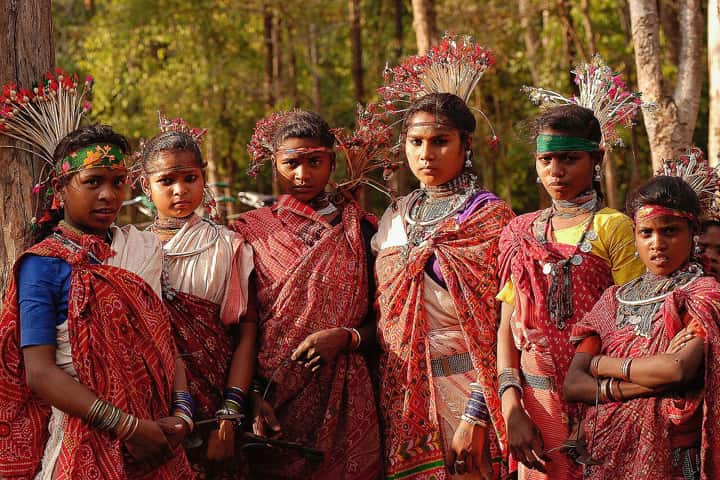

Representational image The Government will create a database of health profiles of tribal people which can be accessed by doctors in important hospitals across the country (Pic. Courtesy wikimedia commons)
With the Union Government committed to the welfare of the unprivileged sections of the society, particularly of tribals, it has decided to create a database of their health profiles. Covering tribes across the country, this information will help in providing holistic medical facilities and more importantly in eliminating sickle cell anaemia by 2047.
The creation of a database is being done for the first time by the Government to get details about the health of tribal population dwelling in hilly and forest areas, including Andaman & Nicobar Islands.
According to a study titled “Tribal population in India: A public health challenge and road to future” by M. Mohan Kumar, Vineet Kumar Pathak and Manisha Ruikar available on National Library of Medicine website: “Tribal population suffers triple burden of disease; in fact it is quadruple, namely, communicable diseases, non-communicable diseases, malnutrition, mental health, and addictions complicated by poor health seeking behaviour”.
Talking to the media, the Union Tribal Affairs Minister Arjun Munda said: “The Ministry of Tribal Affairs has started working on creating a mega database of over 7 crore tribal people living in different remote forest areas in the country, in order to provide them hassle-free holistic health care facilities.”
This database will serve another useful purpose as it will be linked to all the important hospitals in India enabling doctors and health caregivers to access them anywhere in the country.
The database will include profiles of those tribals diagnosed with sickle cell anaemia. An inherited disease, it is a severe form of anaemia in which the patients have mutated red blood cells which are crescent or sickle shaped. A serious disease it causes a lifelong health condition including blockage of blood vessels.
The study mentioned above also mentions special problems pertaining to tribal areas including controlling malaria, use of additive substances, reducing malnutrition, child mortality, ensuring safe motherhood and health of women, timely treatment of animal bites and accidents, and health literacy among others.
The Minister also told reporters that in another first-of-its-kind move a Human Development Index of tribal people, especially of Particularly Vulnerable Tribal Groups will be prepared. This will help in formulating comprehensive development plans for them.
Trade associations and local business groups in Pakistan-occupied Gilgit-Baltistan (PoGB) launched an indefinite protest on…
A human chain and protest march was organized by various organizations in front of the…
The United States on Saturday announced the expansion of its security partnerships with India through…
Highlighting the use of indigenous platforms during Operation Sindoor, Chief of Defence Staff (CDS) General…
Congress MP Shashi Tharoor on Friday (local time) said that Colombia will issue a statement…
Minister for Electronics and Information Technology Ashwini Vaishnaw said on Friday that the government is…